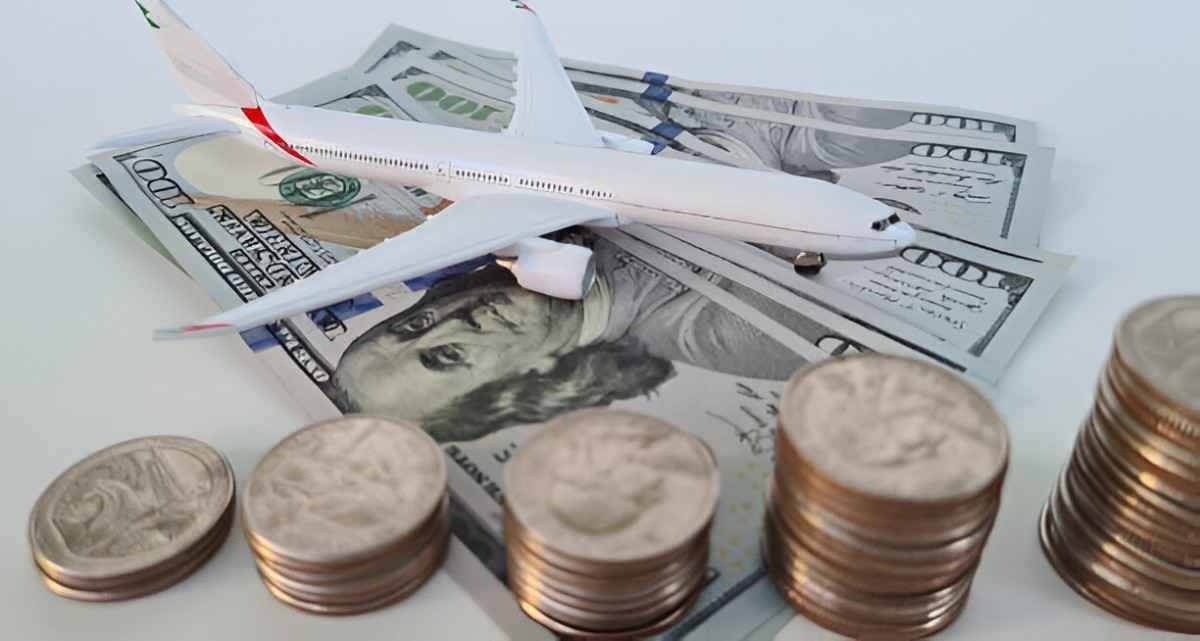Introduction
Investing in the airline industry can be both rewarding and risky. The sector is highly sensitive to economic cycles, fuel prices, and geopolitical events. For investors who want exposure without picking individual stocks, airline industry mutual funds offer a diversified approach. In this guide, I will explore how these funds work, their benefits and risks, performance metrics, and key considerations before investing.
Table of Contents
What Are Airline Industry Mutual Funds?
Airline industry mutual funds pool money from multiple investors to buy a diversified portfolio of airline stocks, aerospace companies, and related businesses. These funds may focus solely on commercial airlines or include broader aviation and aerospace sectors.
Types of Airline Industry Mutual Funds
- Pure Airline Funds – Invest primarily in passenger and cargo airlines (e.g., Delta, United, Southwest).
- Aviation & Aerospace Funds – Include airlines, aircraft manufacturers (Boeing, Airbus), and defense contractors (Lockheed Martin).
- Transportation Sector Funds – Broader funds that include airlines alongside railroads, shipping, and logistics firms.
Why Invest in Airline Industry Mutual Funds?
1. Diversification Reduces Risk
Instead of betting on a single airline, these funds spread risk across multiple companies. If one airline struggles, others may offset losses.
2. Exposure to a Cyclical Industry
Airlines perform well during economic expansions but suffer in downturns. A well-timed investment can yield strong returns.
3. Professional Management
Fund managers analyze industry trends, financial health, and macroeconomic factors, making informed decisions on behalf of investors.
Key Risks of Airline Industry Mutual Funds
1. High Volatility
Airlines face fuel price fluctuations, labor disputes, and regulatory changes. For example, jet fuel costs can be modeled as:
\text{Operating Cost} = \text{Fuel Expense} + \text{Labor Cost} + \text{Maintenance}A sudden spike in oil prices can erode profits.
2. Economic Sensitivity
During recessions, travel demand drops. The COVID-19 pandemic caused a 60\% decline in global air traffic, devastating airline stocks.
3. High Fixed Costs
Airlines have significant fixed expenses (leases, salaries, airport fees). Even a small revenue drop can lead to losses.
Performance Analysis of Airline Mutual Funds
Let’s compare two hypothetical funds:
| Fund Name | Expense Ratio | 5-Year Return | Top Holdings |
|---|---|---|---|
| SkyHigh Airlines Fund | 0.75% | 8.2% | Delta, United, Southwest |
| Global Aviation Fund | 0.90% | 6.5% | Boeing, Airbus, FedEx |
Observations:
- Pure airline funds may outperform during travel booms.
- Aerospace-focused funds offer stability but slower growth.
How to Evaluate an Airline Mutual Fund
1. Expense Ratio
Lower fees mean higher net returns. A fund with a 1\% expense ratio eats into profits more than one with 0.5\% .
2. Historical Performance
Compare returns over different market cycles—bull markets, recessions, and recoveries.
3. Portfolio Composition
Check if the fund is concentrated in a few stocks or well-diversified.
4. Fund Manager’s Track Record
Experienced managers navigate industry turbulence better.
Tax Implications
- Capital Gains Taxes: If the fund sells stocks at a profit, investors may owe taxes.
- Dividend Taxes: Some airline stocks pay dividends, taxed as ordinary income.
Alternatives to Airline Mutual Funds
- ETFs – Lower fees, more liquidity (e.g., U.S. Global Jets ETF (JETS).
- Index Funds – Track aviation indexes passively.
- Direct Stock Purchase – Buying airline stocks individually.
Case Study: Investing $10,000 in an Airline Fund
Assume you invest in SkyHigh Airlines Fund with:
- Annual return: 7\%
- Expense ratio: 0.75\%
After 10 years, using compound interest:
A = P \times (1 + r)^tWhere:
- P = \$10,000
- r = 7\% - 0.75\% = 6.25\%
- t = 10
Net Gain: \$8,421
Final Thoughts: Should You Invest?
Airline industry mutual funds suit investors who:
- Understand cyclical industries.
- Can tolerate volatility.
- Seek long-term growth.
If you believe in the recovery and expansion of air travel, these funds offer a strategic play. However, diversification across sectors remains crucial to mitigate risks.





